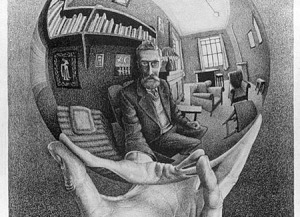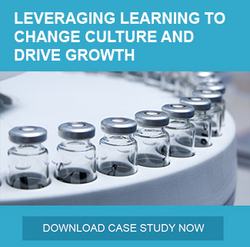Last night, I attended an ASTD Corporate SIG meeting where a panel of speakers shared their talent management and development best practices. As one of the speakers described his company’s first-level manager program, he said something that struck me as curious. He stated that participants in this program rolled their eyes when they were asked to spend time reflecting on the course content. Self-reflection, he said, was not initially embraced by these new leaders in training.
Why, I wondered? Why would a call for introspection prompt this reaction? Maybe participants didn’t understand the value of self reflection. Maybe they didn’t know that reflection—namely, critical reflection—has the potential to lead to transformative learning.
Taking a step back, I realized that the value proposition for self-reflection isn’t something we talk about a lot. Given that, I thought I’d identify at least two value drivers for reflection and encourage you to add to this list.
Value Driver 1: Reflection challenges limiting assumptions
All of us hold beliefs and assumptions based upon our previous life experiences and our socially-constructed norms. Critical self-reflection empowers us to challenge those assumptions. By asking the following questions…What is it that I assume? What’s the origin of that assumption? Why do I hold that assumption as truth?...we have the potential to identify our constraining beliefs, entertain alternatives, and shift our perspective. This shift in perspective followed by a resulting change in behavior is indicative of transformation. (See writings on critical reflection by Dr. Stephen D. Brookfield.) Think of the potential value in asking leaders to reflect critically on their current leadership practices. By doing so, we can prime them to grow and change.
Value Driver 2: Reflection aids in the integration of multiple perceptions
Many leadership development and coaching initiatives incorporate stakeholder feedback for the leader on his or her performance. Reflection on stakeholder assessment data is vitally important to leaders’ personal and professional development. When leaders take the time to understand the perceptions others have of their actions, why they have them, and how they empower or constrain them, they can develop significantly from the experience. Reflection is essential to integrating these multiple perspectives with one’s own. Without reflection, any leader would be hard pressed to develop an effective action plan to close gaps and capitalize on successes.
What other benefits are there to reflection? Share your thoughts. Hopefully, we’ll turn those critics of reflection into converts and eliminate their eye rolls.



